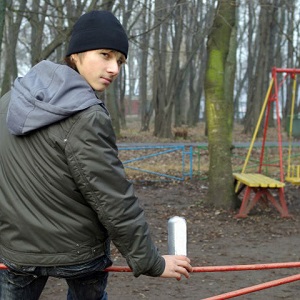Adult Children of People with Addiction: 12 Characteristics

Here are 12 common characteristics of adult children of people with alcohol addiction as described by Woititz (1988):
- They guess what normal behavior is.
- They have difficulty following a project through from beginning to end.
- They lie when it would be just as easy to tell the truth.
- They judge themselves without mercy.
- They have difficulty having fun.
- They have difficulty with intimate relationships.
- They overreact to changes over which they have no control.
- They constantly seek approval and affirmation.
- They usually feel that they are different from other people.
- They are super responsible or super irresponsible.
- They are extremely loyal, even when loyalty is undeserved.
- They are impulsive.
Research shows that adult children of people with alcohol addiction are at risk of having their own alcohol addiction, abusing drugs, and attempting or committing suicide. Also, they may develop patterns of compulsive behavior such as overeating and other eating issues. And adult children of people with alcohol addiction often marry people with the same addiction.
If you are an adult child of a parent who is addicted to alcohol, remember that you are not alone. Millions of people have grown up in families with alcohol-related problems. Because of the environment they grew up in, they had to develop certain skills in order to survive:
- Resilience
- Ability to take charge
- Problem solving
- Loyalty
- Hard worker
- Ability to respond well in crisis
Remember: You are not responsible for the alcohol abuse or violence in your family. If you are feeling overwhelmed, have strong feelings of depression and anxiety, or if you are consuming excessive amounts of alcohol or other drugs, get help. Seek support of family and friends, find a recovery group, or speak to a mental health professional.
© Copyright 2007 - 2025 GoodTherapy.org. All rights reserved.The preceding article was solely written by the author named above. Any views and opinions expressed are not necessarily shared by GoodTherapy.org.